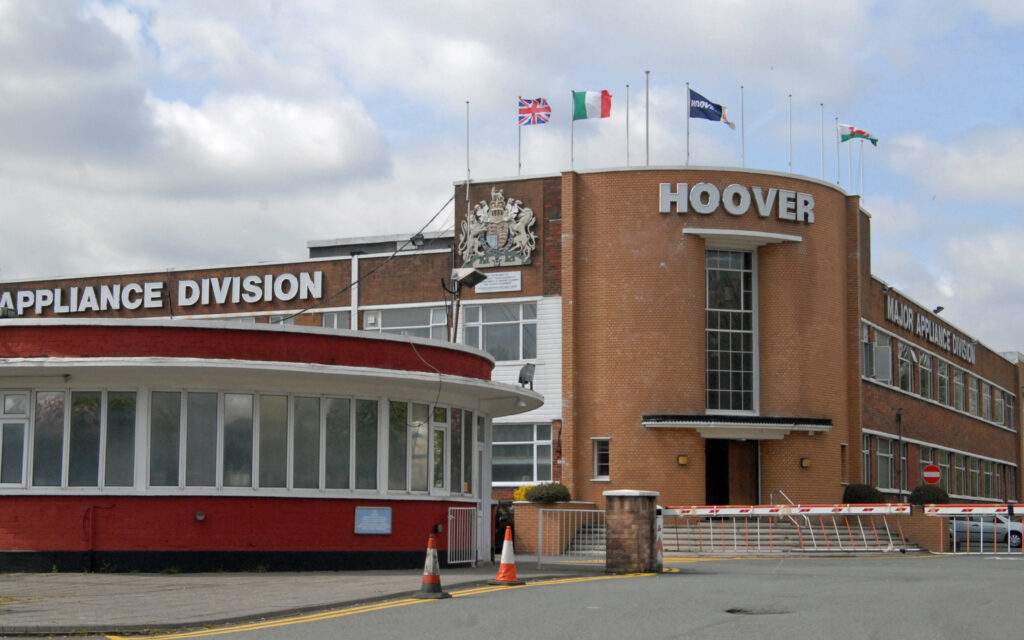 Economy
Economy 
The Bevan Foundation has given evidence to a Senedd Committee inquiry on EU funds, Shared Prosperity and Levelling Up
The Senedd’s Economy, Trade and Rural Affairs Committee is holding an inquiry into funding for regional development after Brexit. The Bevan Foundation was pleased to submit evidence to the Committee.
In its submission, the Bevan Foundation argued that EU funds could never have ‘transformed’ the economy of Wales as some had hoped. This was for three main reasons:
- despite their size, the funds were nevertheless small in relation to the scale of the challenge and in the context of public spending at the time
- the impact of the funds was undermined by wider economic trends, including the globalisation of production
- Welsh regional development policy was weak and did not prioritise the areas most affected by long-term economic change.
As an example, in the middle of the EU funding period in 2009, the Hoover plant in Merthyr Tydfil closed to relocate to Turkey. More than 300 jobs were lost at the time, and today the plant stands semi-derelict, used only for some warehouse functions.
The Bevan Foundation also said that the argument about the quantum of funding available through the Shared Prosperity Fund and Levelling Up Fund diverted attention from the most important issue. This is the continuing, urgent need to develop the economies of the south Wales valleys and west Wales.
Without addressing the changed needed in these areas, the risk is that they will be let down not levelled up.


